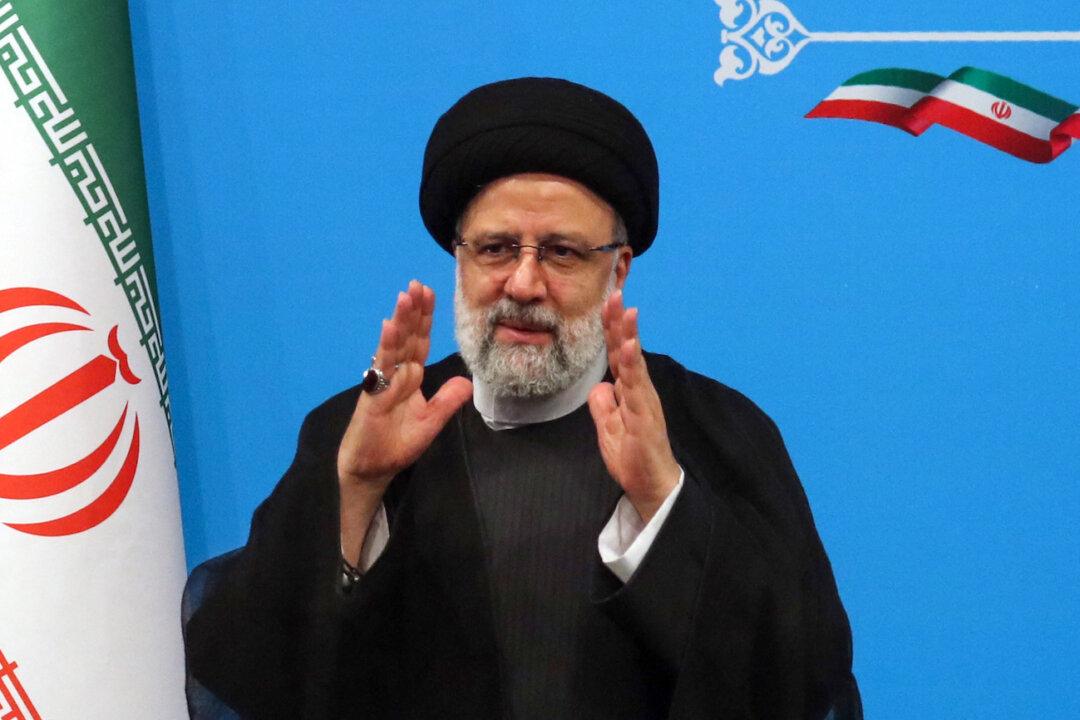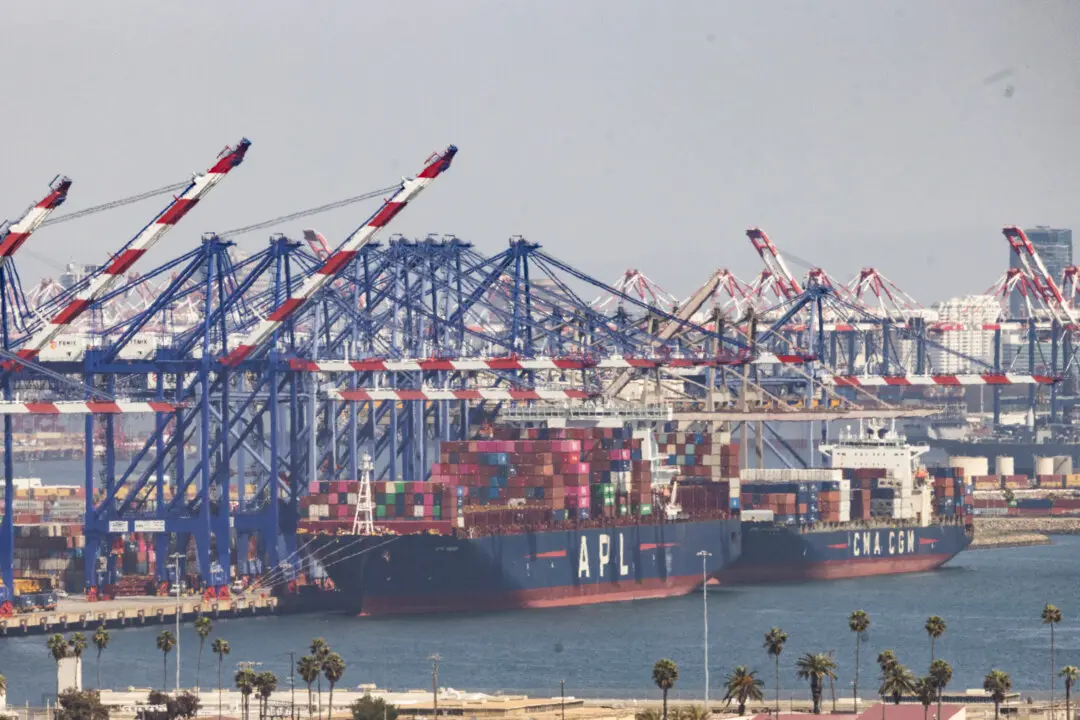The Islamic terrorist group that carried out the surprise attack on Israel over the weekend receives funding and equipment from Iran, a country that has sent billions of dollars over the years to its terror proxies toward its stated goal of the destruction of the Jewish state.
On Oct. 7, a military wing of Iran-backed Hamas launched an unprovoked attack on Israel, infiltrating the country. The gunmen rampaged for hours, gunning down civilians in towns, along highways, and at a techno music festival being held in the desert near Gaza. More than 600 individuals are estimated to have been killed, with thousands injured, and an undetermined number of citizens and soldiers abducted, according to Israeli media.





